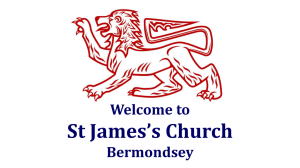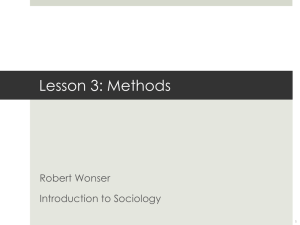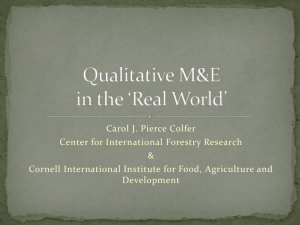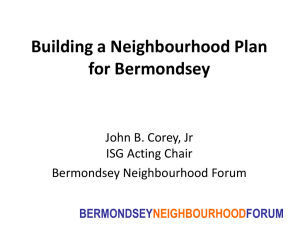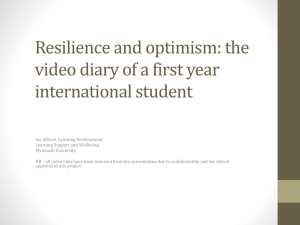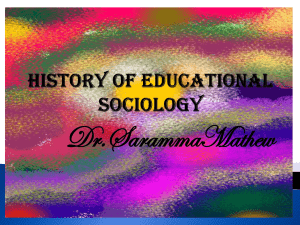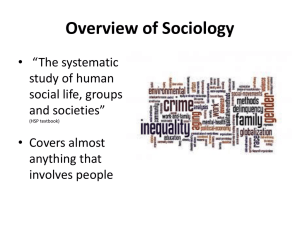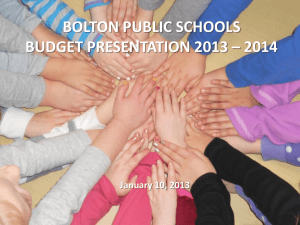Microsoft PowerPoint - the NCRM EPrints Repository
advertisement
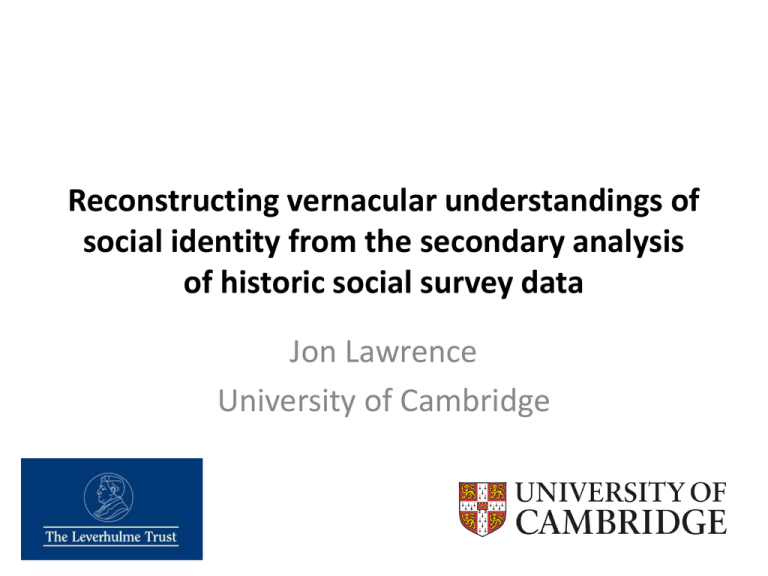
Reconstructing vernacular understandings of social identity from the secondary analysis of historic social survey data Jon Lawrence University of Cambridge The historian and secondary data • Just another survival from past? • Still needs close attention to specificity as source • Conditions and purpose of making • What shapes survival (and conclusions can draw)? • BUT potential for reframing classic texts now ‘history’ • Special value of qualitative data – voices not heard? • Especially contemporary ‘subaltern’ voices • How mediated? (by questions, context, transcription….) Three studies with significant surviving field-notes: Bermondsey, Bethnal Green/Debden and Luton Interrogating the research process • At simplest whether data match conclusions • Does enough survive to judge? • Is the process of selection/omission clear? – Young and Family & Kinship project – Affluent worker’s cutting room floor (e.g. fantasy) • Clues to hidden influences/abandoned hypotheses? • Reconstructing intersubjectivity - and its effects Mass-Observation, Bolton focused on facets of everyday public life – speech mostly overheard Bolton Council, Image ref. 1993.83.17.05 – Pub interior by Humphrey Spender Bolton Council, Image ref. 1993.83.17.07 – Men playing dominoes, Spender Vernacular languages of the social • Mass Observation (Bolton 1937-39) – verbatim speech at a premium (mostly overheard – little in the home) • Raymond Firth – Bermondsey 1947-49 – extensive field notebooks, working papers & daily write-ups • Young ‘Family & Kinship’ study 1953-55 – mostly collated summaries of interviews, some field-notes • Affluent Worker (1961-64) – transcribed questionnaires • Quotation or paraphrasing? Who is speaking? • BUT can offer important insights into how people spoke about family, place, ethnicity, class and nation • Often complicates dominant understandings Topic notes, Bermondsey project 1947 (Firth Papers, 3/1/11, LSE) • Note researchers’ names and who wrote up [BEW] • Date & time of meeting • Informants’ names • Extensive use of quotation marks for speech • Some attitudes explicitly paraphrased – but also some ambiguity (e.g. ‘Some do and some don’t’) Typed-up interview notes, Bethnal Green 1953, Young Papers, Churchill • Detailed reconstruction of family history from observation & testimony • Snatches of speech e.g.: ‘W. said to me “Oh don’t stick up for men”.’ • Includes reported speech ‘So now Sis says she “does not want her house upset”.’ Some snippets of recorded speech • Bermondsey, 1947: “We keep ourselves to ourselves, and then we can’t get into trouble. The [Guinness Trust] buildings are like a country village – anything happens everyone knows it – news travels”, Mr ‘Ingles’. & • “you have to keep yourself to yourself in a place like [the Buildings]. There would be quarrelling over sharing the sinks otherwise. As it is people wash up in their flats and carry out the dirty water.” Mrs ‘Nicholls’ (Firth Papers) • Bethnal Green, 1953: “My daughters come to me with all their troubles – makes me ill – about having no money – or baby-minding, or something of the sort. I say when they’re married, they’ve got to look after themselves” Young Papers, #BG49. The question of social identity • • • • • • • But can we mine data for insights into ‘identity’? Savage reading Affluent Worker (Sociology 2005) Class rarely an ontological category in vernacular usage Interview dynamics will shape testimony (HWJn 2014) Class and gender both performative But can decode performance as window on class relations May learn more from stories told about others than from statements about the self • Must also be attentive to myths, fantasies and emotions (including researchers’) • Contemporary meaning recoverable if not ‘identity’ History Workshop Spring 2014 Talking class in Luton, 1963-64 • “I’ve got no ideas about class at all, to me a person is a person, an individual … to me everybody is an individual human being. I’ve never been a great lover of these upper class, middle class & lower class.” L548 [F1] • “Workers are people that have to strive for a living. Anybody that’s not actually living on wealth, right up to – I don't know what you are – [interviewer response] – teachers and things like that.” L132 [M8] • “everybody is the same except for their jobs, except professional men get a bit extra, which they need to have. They are all human beings.” L083 [M7] • “[lower class people are] those who've never made any attempt to better themselves in any way - what was good enough for their parents was good enough for them…” L105 [M6] Bibliography • Martyn Hammersley, ‘Qualitative data archiving: some reflections on its prospects and problems’, Sociology, 31 (1997), 131-142 • Natasha S. Mauthner, Odette Parry, and Kathryn Backett-Milburn, ‘The data are out there, or are they? Implications for archiving and revisiting qualitative data’, Sociology, 32 (1998), 733-745. • Paul Thompson and Louise Corti, Special issue – ‘Celebrating classic sociology: pioneers of contemporary British qualitative research’, International Journal of Social Research Methodology, 7, 1 (2004) • Mike Savage, ‘Revisiting classic qualitative studies’ Forum: Qualitative Social Research 6, 1 (2005) • Selina Todd, ‘Affluence, class and Crown Street: reinvestigating the postwar working class’, Contemporary British History, 22 (2008), 501-518 • Florence Sutcliffe-Braithwaite, ‘Class, Community and Individualism in English politics and society’ (Cambridge PhD, 2014)
